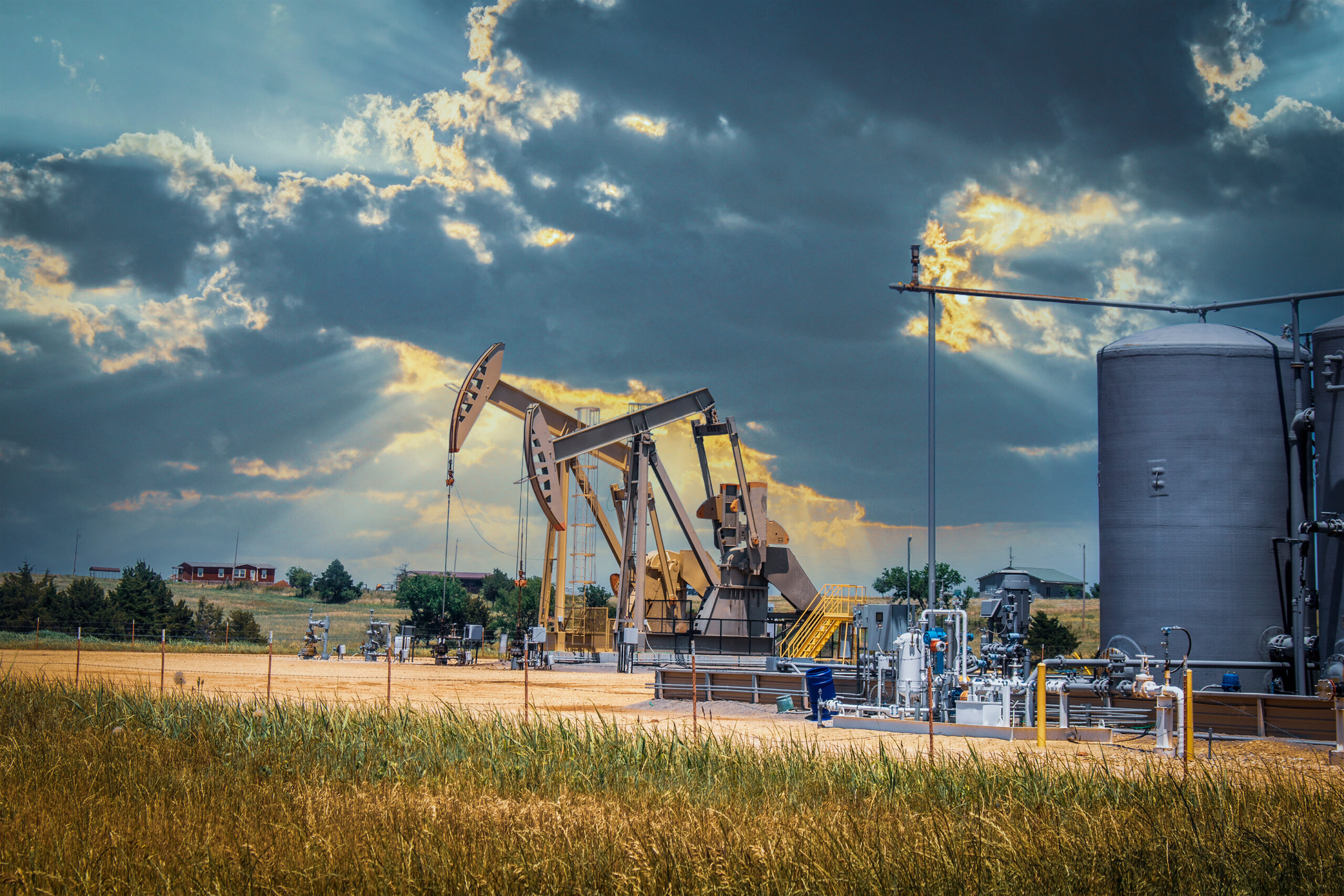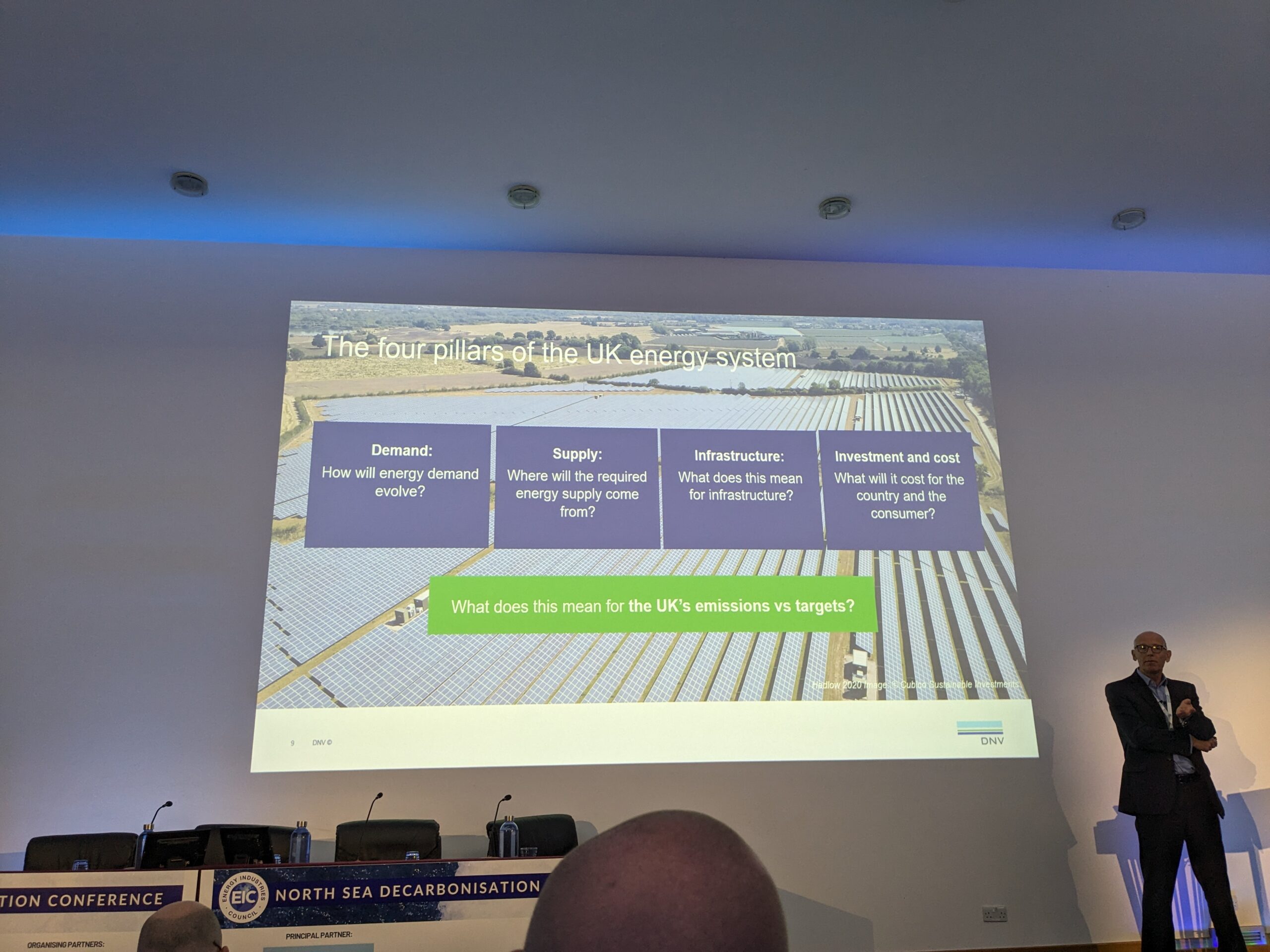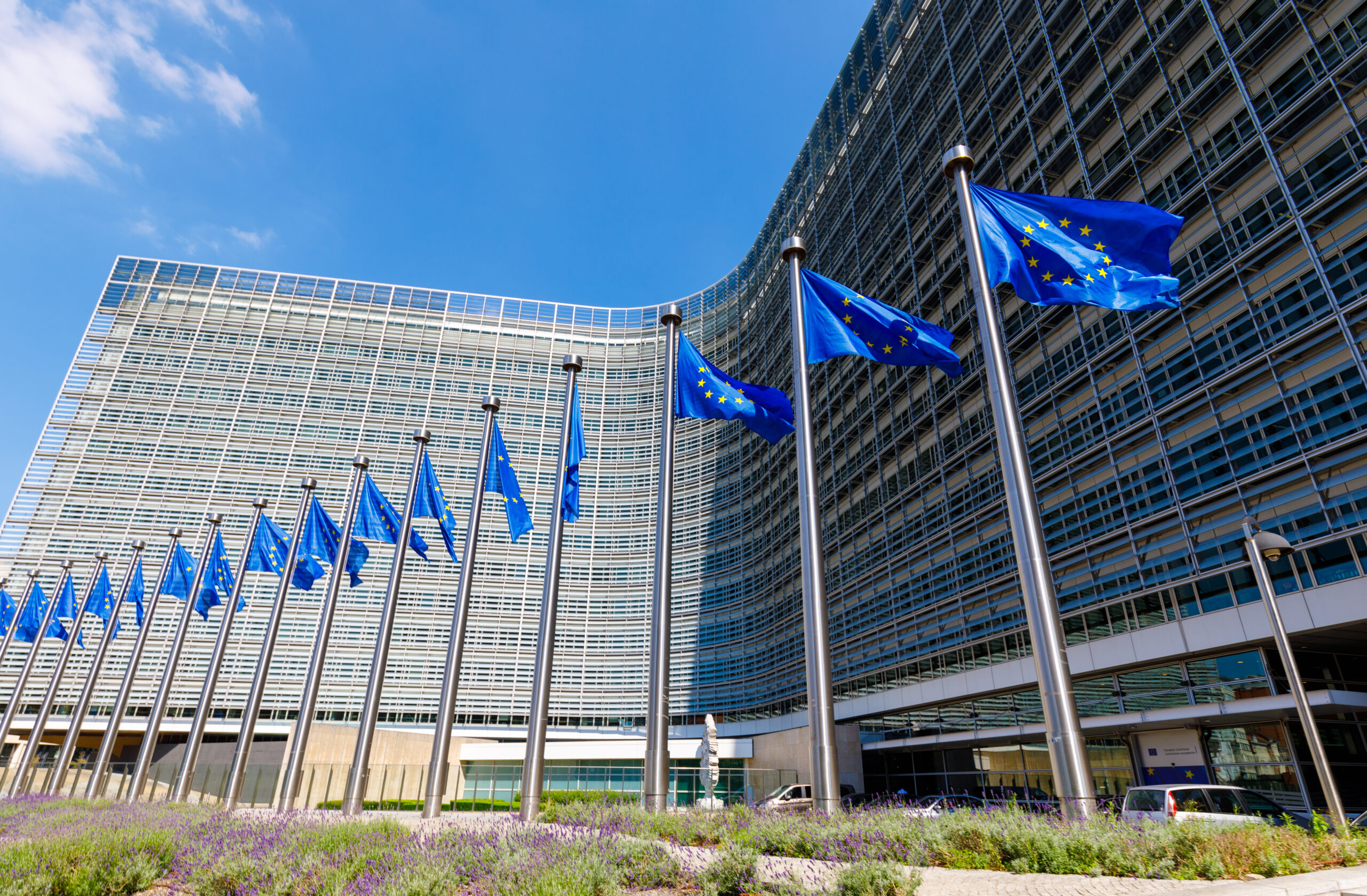Oil, gas majors fail to direct bumper profits to energy transition
BP saw record Q2 earnings on the back of high oil and gas prices but like its peers much of the surplus will go to share buybacks or dividends, with little extra ear-marked for energy transition projects or new oil and gas output.

BP on Tuesday posted a Q2 operating profit of US$8.45 billion, up from $2.8bn in Q2 2021 and the highest since 2008. The result exceeded analysts’ expectations of $6.8bn – despite lower Q2 upstream volumes due to Russian divestments, maintenance, and underlying production declines. Oil production and operations profit rose to $5.9bn, while its gas and low carbon energy division saw profits of $3.1bn.
The Q2 total was up on its $6.25bn underlying profit in Q1 2022, although BP’s write down of the value of its Rosneft stake in Q1 pushed the company to a net overall loss for the quarter of $20bn – which if spread across 1H 2022 would push Q2 to a net loss of over $10bn. BP will also incur a one-off $800m tax charge in Q3 from the UK’s 25% windfall tax.
Based on the higher operating profit, BP increased its dividend by 10% to just over 6 cents per share – well up on its previous guidance of a 4% annual increase. It also raised its share buyback programme to $3.5bn for Q3, in line with its policy of using 60% of cashflow for the repurchase of its own shares.
BP said it would stick to its capex target of $14-15bn for 2022, with $5bn/yr of that going into low carbon energy. However, the company has spent only $361m on low carbon energy so far this year, out of $5.8bn – highlighting the challenges faced as the sector attempts to transition away from oil and gas production, where returns on capital can be much higher. BP still says it expects energy transition spending to increase to around 40% by 2025.
Shortly before the results, BP did unveil plans to invest up to £50m in an electric vehicle battery testing centre and analytical laboratory in the UK. Before the windfall tax was imposed, BP said it would spend up to £18bn on the UK’s energy system by the end of 2030.
The company has also reduced debt to $22.8bn, down sharply from over $50bn in 2020, and down from $27.5bn at the end of Q1. However, BP remains relatively highly geared compared to its peers.
Exxon Mobil tops earnings list
With almost all Q2 results from Big Oil now in, Exxon Mobil looks to have topped the earnings list with $18bn, while the combined profit total for Exxon Mobil, Chevron, Shell and TotalEnergies stood at $51bn. The four companies returned a total of $23 billion to shareholders in the second quarter in dividends and share repurchases, according to Reuters.
Chevron boosted its annual buyback plans to $10-15bn, up from $5-10bn, and said it would continue with buybacks “for a number of years,” as well as lowering debt, and increasing output and investment.
Exxon aims to repurchase $30bn of shares through 2022 and 2023. Shell said it would buy back $6bn in the current quarter after buying $8.5bn in Q1.
Capital budgets stay capped, with some concessions for Europe
Some extra cash is going on enhancing energy security in Europe (mainly from TotalEnergies and Equinor) to help compensate for reduced Russian supplies, but upstream budgets are generally remaining tight, despite calls to up spending and hike supply to relieve pressure on consumers. The lack of investment does not bode well for future oil and gas prices. Shell’s CEO blamed the current high prices on a lack of upstream investment, alongside pressure on companies to transition towards renewables.
TotalEnergies said it expects its full-year capital spending to near $16bn in 2022 (up from 14-15 at the beginning of the year, and $13.3bn in 2021) as it tries to increase its sources of European gas and produce more LNG in the coming months. Equinor also reported record Q2 financial results (despite a fall in oil production of 9%), although its capex plans remain at $10bn per year in 2022-23 and $12 bn in 2023-24. However, the company said it was looking at ways to invest more of its growing cash reserves, especially in supplying Europe with additional gas – while trying to stay on track with emissions and energy transition goals.
The focus on share buybacks is unlikely to ease after years of poor returns, not least because big oil companies are wary of investor action following the imposition of new board members at Exxon Mobil in 2021. So far, BP’s returns have trailed its peers, leaving the company under pressure. Unlike other majors, BP has committed to reduce oil output significantly by 2030.



